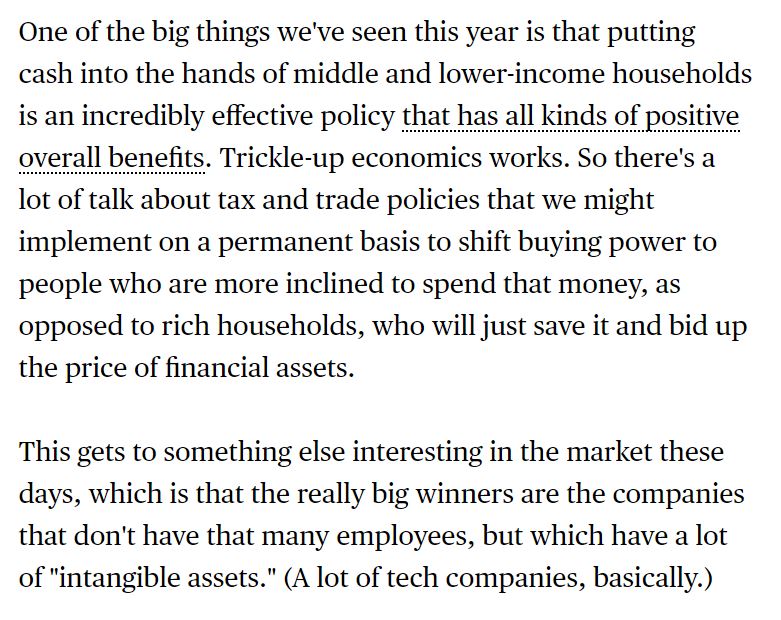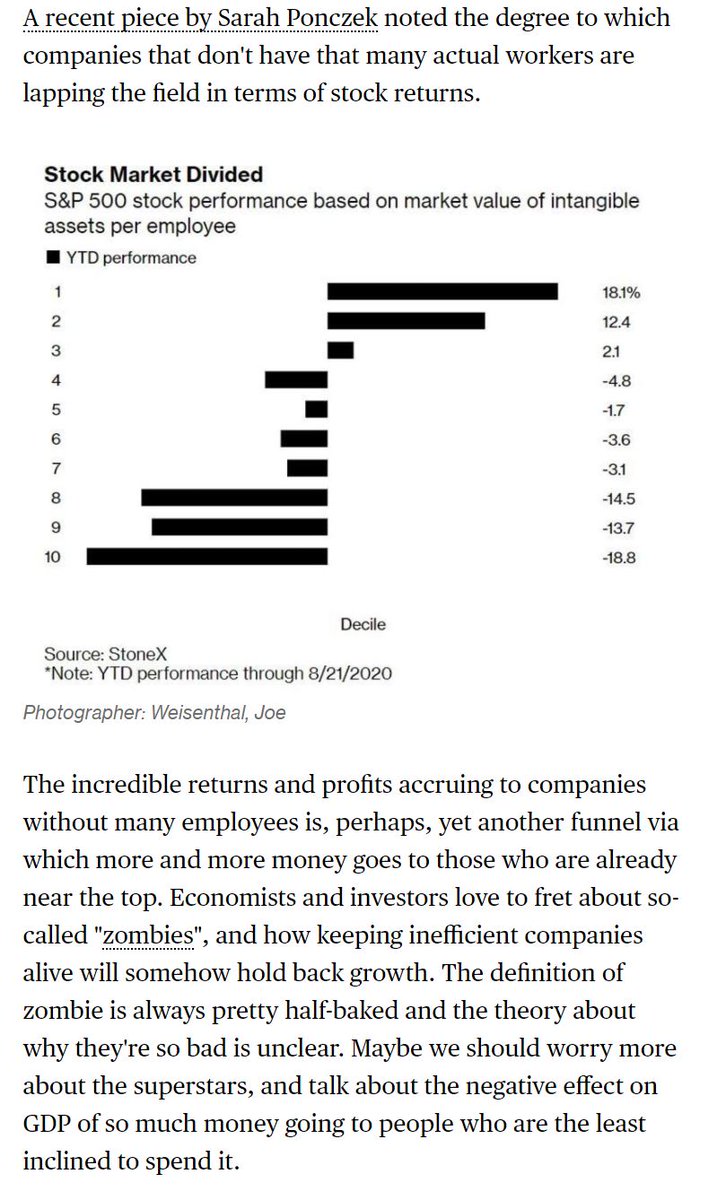
XRP is kind of this weird faux crypto, very different than most of the rest. But I do think there's one important lesson it holds for the others, and that is what it says about the "store of value" vs "medium of exchange" debate that was prominent in the 2017 scaling wars...
Ripple likes to point out how fast it can be transferred, which is fine so far as it goes, but the ability to transact in some currency is only useful if that currency has some value to the end recipient of it.
You could, say, evade capital controls by sticking a bunch of napkins in a suitcase and calling them money. Border agents won't care. But nobody wants to accept the napkins that you're calling money.
So ease of transfer logically must come after establishment as a store of value. Nobody has a good argument for why XRP is a good store of value. And this is what BSV and BCH people don't get, and why they lost to BTC
First you have to establish why something is worth holding as money. Then you can talk about ease of use. To do otherwise is putting the cart before the horse.
This is also why so many silicon valley types were attracted (and still are) to alts, making the mistake of thinking of them as software (always iterating, scale uber alles), rather than thinking in terms of money, in which these concepts don't apply at all.
• • •
Missing some Tweet in this thread? You can try to
force a refresh








